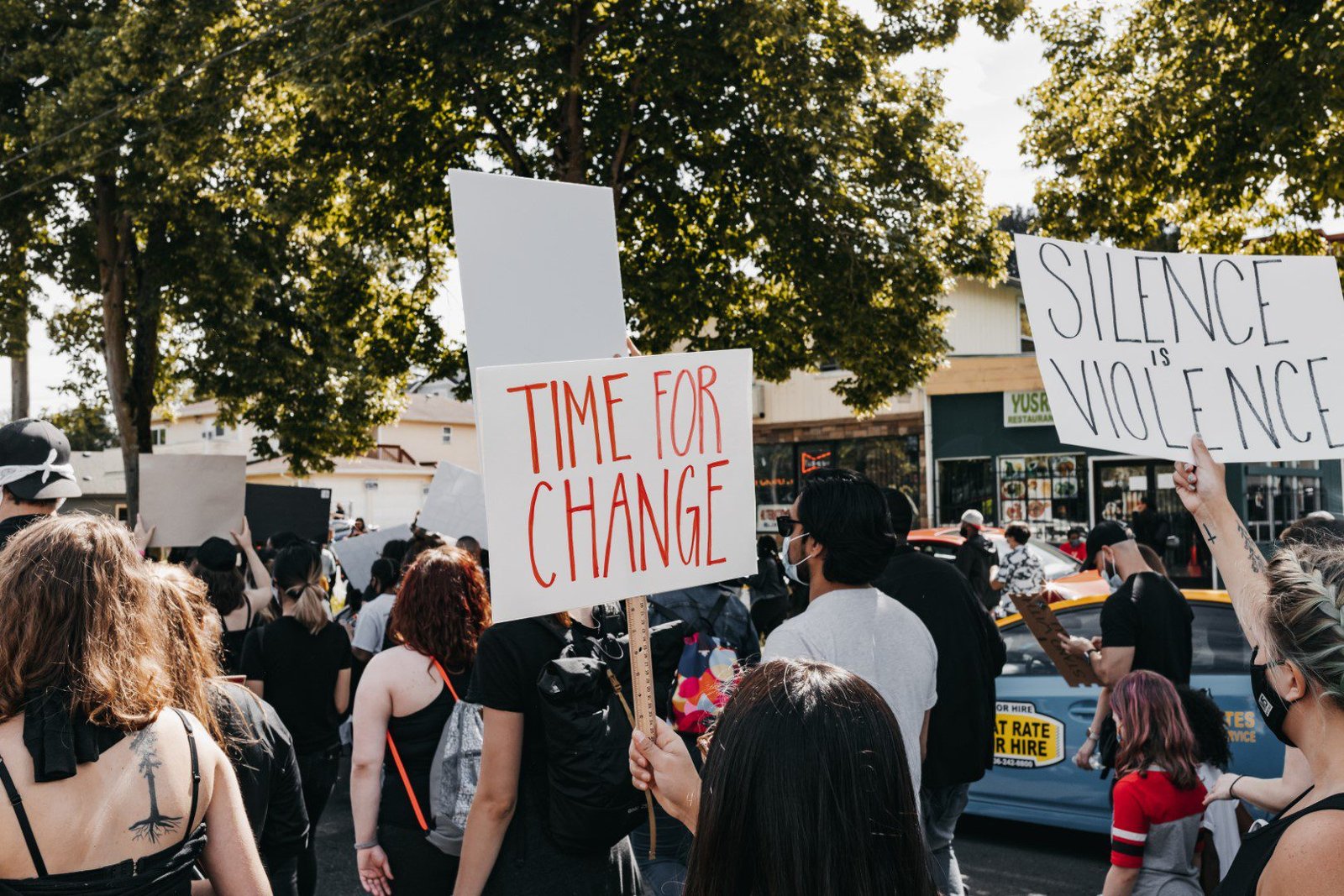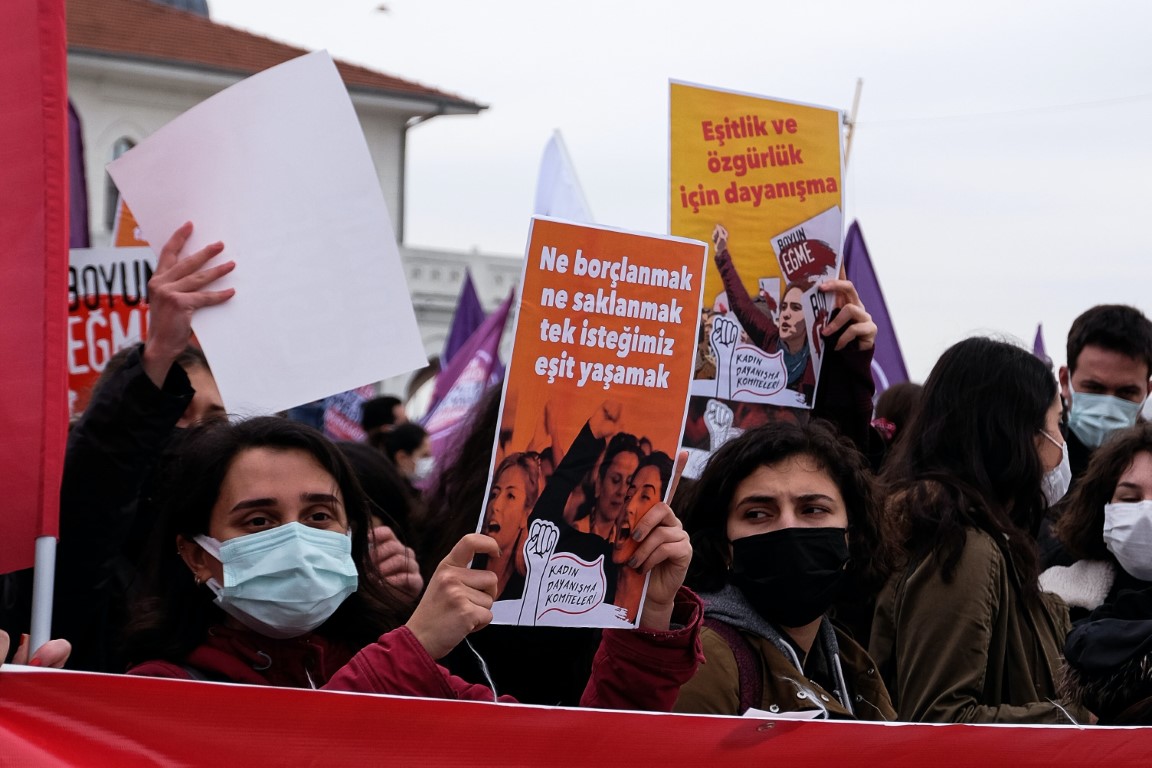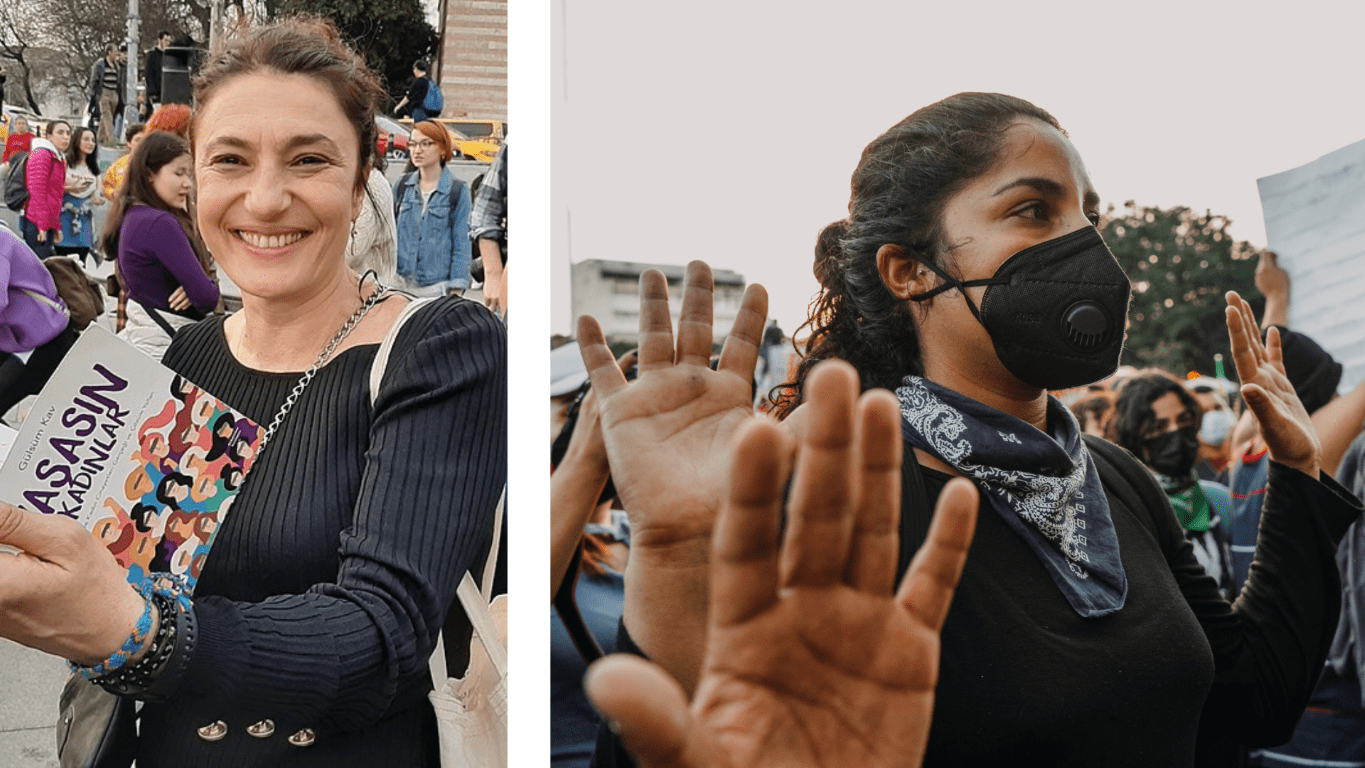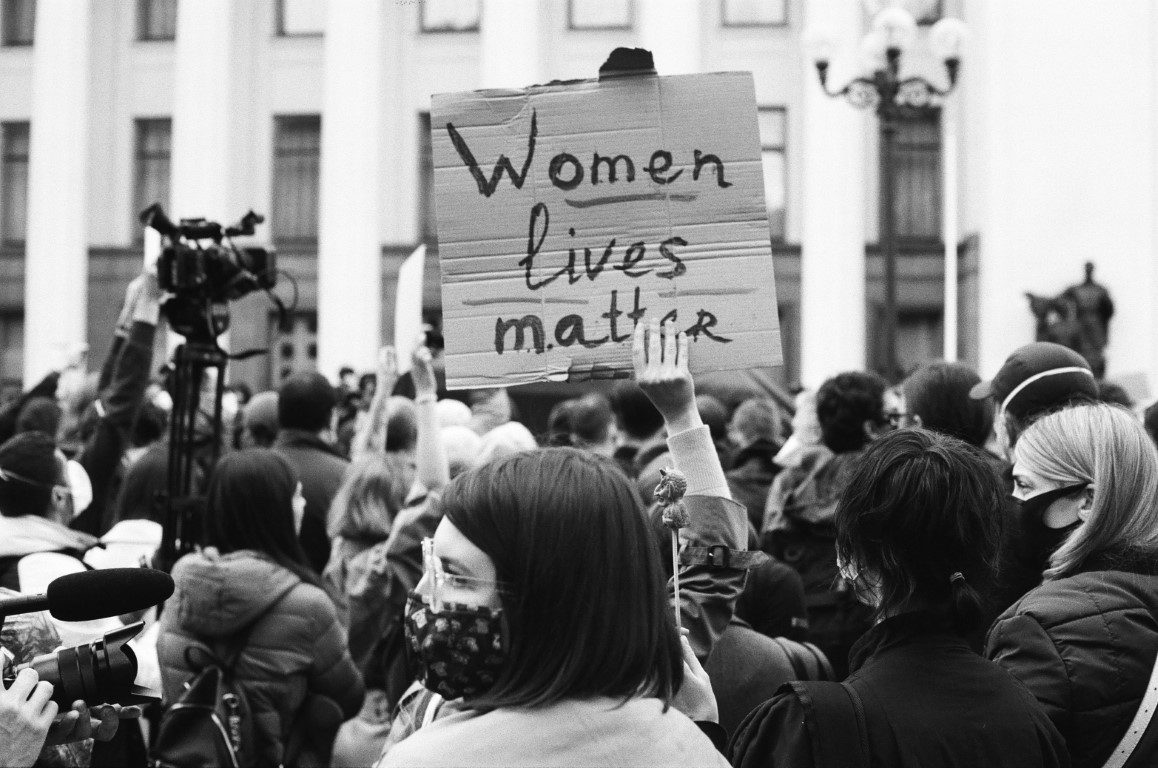Femicide and the fight against gender-based violence in turkey
- By Lorin Bozkurt

Femicide in Turkey
Pinar Gültekin was still finishing her degree when she was found dead in the rural neighborhood of Yerkesik. The 26-year-old, who had been a student at Mugla University of Economics, suddenly went missing on July 16th in the Aegean province of Southwestern Turkey. It later emerged that Pinar had been a victim of femicide – one of many unfortunate cases in Turkey – strangled to death and burned by her ex-partner who confessed to the murder. The perpetrator, who had allegedly wished to rekindle his relationship with Pinar, proceeded to violently attack her and burn her body in a nearby forest after she refused his offer.
In recent years, the country has seen a sharp rise in cases of gender-based violence. And unfortunately, Pinar’s case was only the latest in a succession of ‘femicides’ that occurred in Turkey that year. In 2019 alone, 474 women were killed in violent acts of so-called femicide. The term ‘Femicide’ refers to the intentional killing of women or girls because they are female and is one of several acts of violence committed against women in Turkey today. According to the We Will Stop Femicide Platform, Pinar was one of over 300 women that had been killed by their partners or spouses in 2020.

The brutal killing of Pinar sparked nationwide protests with women from all backgrounds in Turkey taking to the streets to demand better rights and protections for women. Alongside their demands is to remain signatory to the Istanbul Convention – a human rights convention drafted by the Council of Europe that aims to prevent and combat violence against women. In principle, the convention recognises violence against women as a violation of human rights and a form of discrimination against women. In practice, the convention requires governments to adopt legislation that prosecutes perpetrators of domestic violence as well as perpetrators of other acts such as marital rape and female genital mutilation.
Members of Turkey’s conservative party criticise the convention on claims that it leads to the destruction of the traditional family and its seeming support of LGBTQ rights. In 2022, the decision to withdraw from the Istanbul convention was taken by Turkish President Recep Tayyip Erdogan, leading to nationwide outrage. Many activists draw a link between the withdrawal of the convention and the rise in gender-based violence, arguing that these are not two distinctly occurring trends.
The number of femicides committed in Turkey over the last decade only decreased in the year 2011 – the same year which the Istanbul convention was signed. Since then femicides and acts of gender-based violence have been on a sharp rise in the country.
Gülsüm Kav: Pushing for Change
Amongst the rising cases of femicide, one of Turkey’s doctors has taken it upon herself to keep women alive. Gülsüm Kav – who is one of Turkey’s leading feminist activist – saw the violence and killings of women and decided to commit her life to advancing and protecting women’s rights across her country. In 2010 she founded the We Will Stop Femicide platform which raises awareness of gender-based violence in Turkey, particularly in the context of increasing cases of Femicide.
Gülsüm’s platform aims, in the first instance then, to inform and to educate on the recent rise in Femicide cases across Turkey. The We Will Stop Femicide platform keeps a comprehensive record of gender-based killings with data spanning from 2008 onwards. The platform further intends to campaign on behalf of families that have lost their loved ones to acts of femicide, often acting as a place of comfort and legal advice/training – from hosting online workshops on women’s legal rights to running a hotline for women who are in danger. According to Gülsüm, this where the incentive to create the platform first came from.

Following the murder of a 17-year-old high school pupil, Münevver Karabulut, she felt compelled to do something about it. In her interview with the Guardian she states, “She wasn’t the first but this incident showed us that femicide would only become more important in Turkey from then on. We joined forces with the Karabulut family in order to support them, to shadow them as the trial began, and then we began establishing the platform”.
The We Will Stop Femicide platform has not, however, escaped criticism. The Istanbul Public
Prosecutor’s Office has accused the group of allegedly “acting against law and moral values”. Today, the group is on trial, and results remain to be seen. Almost 300 lawyers from across Turkey expressed an interest in defending the group with high-profile lawyers such as Aysun Kilic stressing that the platform is conducting a careful, up-to-date study about murdered women.
The Turkish government keeps no official record of number of women killed by their partners or family members in their country; and if such a record does exist, it is usually withheld from the public. Any numbers that are published by authorised government agencies usually place the number of deaths significantly lower than civil/women’s organisations do, leading to a clear mismatch in record of deaths. Civil platforms such as the one founded by Gülsüm are a crucial resource in the fight against femicide and despite persistent threats to get shut down, the women running them remain adamant on staying up and running.

The cruel case of Pinar, and many others like her, has struck a chord with women across the nation. They demand that enough is enough. Women from all backgrounds, regardless of party affiliation, are now calling on the government to take immediate action on femicide and better protect women’s lives. Gülsüm notes the unity and solidarity within the movement: “There are many conservative women in our platform as well, fighting alongside us […] It is clear that history is on our side”.

